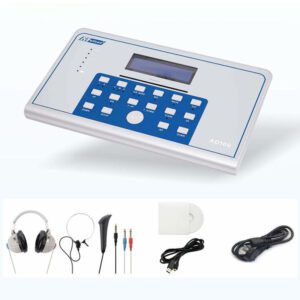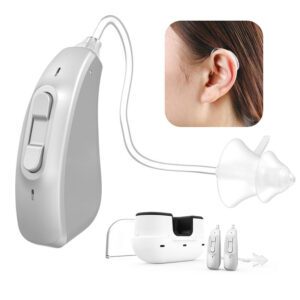Medicaid coverage for hearing Aids can vary by state, as Medicaid is a joint federal and state program. While there are some general guidelines, each state has its own policies regarding what is covered, including hearing aids. Here are some key points:

State-Specific Coverage:
Medicaid does not universally cover hearing aids across all states. Some states may provide full or partial coverage for hearing aids and related services (like exams or fittings), while others may only cover them in certain cases, such as for children or individuals with specific medical needs.
Age Limitations:
In some states, Medicaid may cover hearing aids for children, but not for adults. For adults, coverage is often more limited, and hearing aids may only be covered if there is a medical necessity.
Financial Limitations:
Some states may have a cap on how much they will pay for hearing aids or may provide coverage for one hearing aid per ear every few years. If a person needs replacement hearing aids more frequently, they may be required to pay out of pocket.
Hearing Aid Types:
Medicaid may only cover certain types or models of hearing aids. Some plans might provide coverage for basic models but not for premium or advanced ones, depending on the state and the plan.
Other Hearing-Related Services:
Medicaid may cover other hearing-related services, such as audiology tests, evaluations, and follow-up appointments, even if it doesn’t cover the hearing aids themselves.
It’s important to check with your state’s Medicaid office or healthcare provider to understand the specific coverage details. If you’re eligible for Medicaid, they can provide information on the coverage for hearing aids, including what is required for approval.


